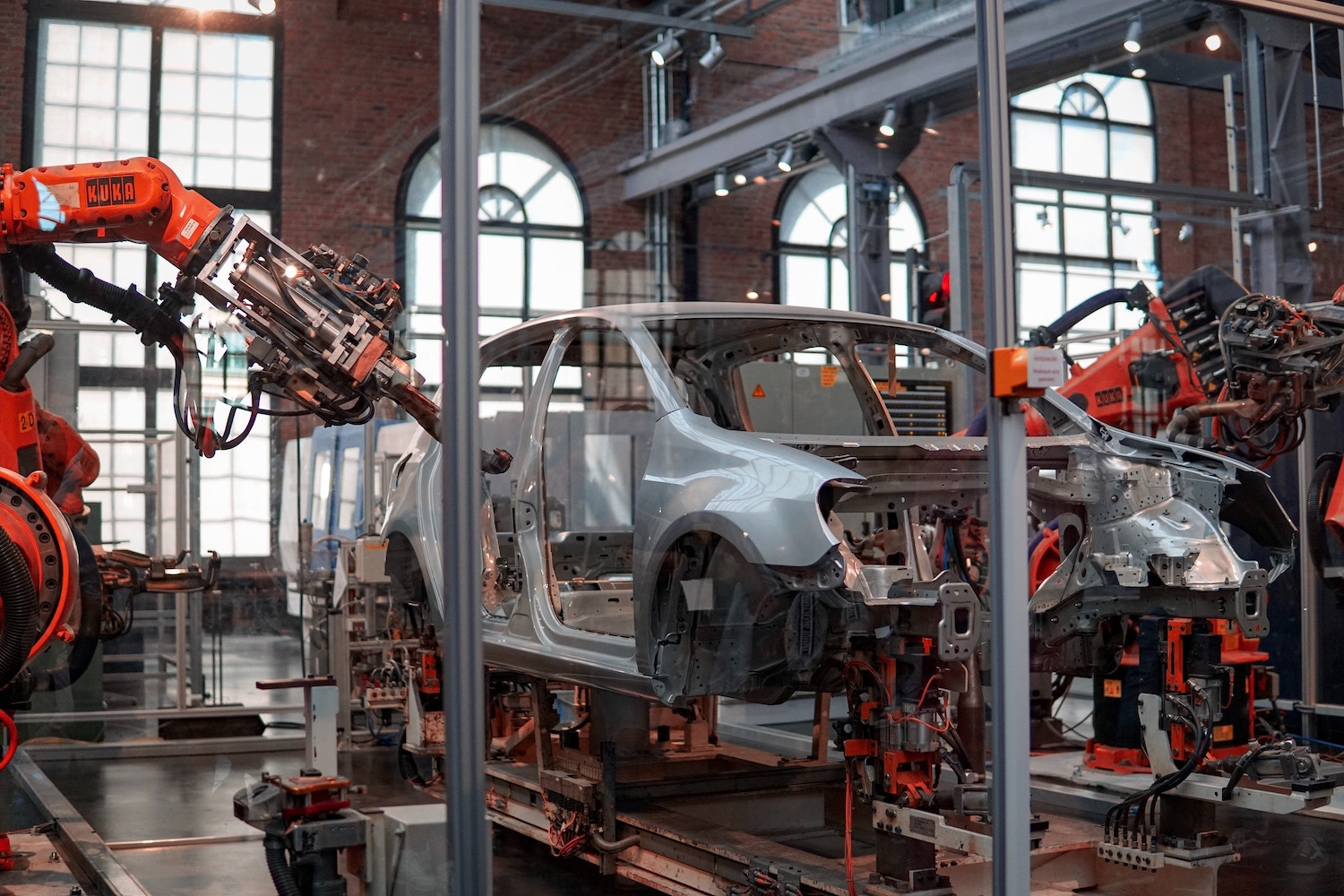In recent years, it has been increasingly talked about that the future of the automotive industry is electromobility. And in time also cars with autonomous driving. From Europe's point of view, it seems that it did not catch the onset of electric cars in time and now it has its hands full to keep up with the global leaders of electromobility.
In this context, the most common talk is about the coming fierce competition from China. Many Europeans were recently literally frightened by the words of the head of the French car company Renault, Luca de Meo, to the address of Chinese manufacturers of electric vehicles. „China is very competitive when it comes to the supply chain of electric vehicles....we need to catch up fast," De Meo told RTL Radio, speaking from the IAA Munich car show.
Suddenly, decarbonisation, strict emission standards or other European regulations are not a threat to the European automotive industry. Suddenly, Europe is worried about Chinese competition. But it is the competition that represents both a threat and an opportunity for European car manufacturers.
In general, no pain no gain. The automotive market is no exception. However, competitive pressure on Europe in the field of car production can be expected much more significantly from the United States than from China. It can be said that in terms of workmanship and comfort, there is not much difference between a European and an American car. Chinese car manufacturers have the disadvantage of not knowing the nature of European consumers as well as European or American manufacturers. So Europe still has some time to catch the rise of China and be able to deal with it.
If there is any threat hanging over the European car industry, it is its own comfort, its inability to come up with major innovations and a sense that the European market will eventually be protected by politicians through tightening standards or increasing import tariffs.
But the competition and the market will prevail in the end, so from Europe's point of view it seems more advantageous to take competitors, whether from Asia or the USA, as an opportunity. European car manufacturers should therefore start working as intensively as possible on the development of batteries so that electric cars become competitive with vehicles with combustion engines, especially in terms of range and the time it takes to charge an electric car. Last but not least, it is also necessary to invest massively in charging infrastructure.
The battery is pretty much the alpha and omega of success. Currently, it is still the most expensive part of an electric car, which at the same time fundamentally affects its practical usability. If the European automakers manage to solve the battery problem, it is very likely that they will win their positions in the market.
The task of the state is to create such conditions for European car manufacturers that they can cope with the difficult task. However, this does not mean further tightening of the screws in regulation, but rather creating an environment in which it will pay off to innovate and, above all, to invest in innovation, research and development. Similar to what the United States is capable of. That is where Europe should be inspired above all.
----
Peter Svoreň, APME FX




